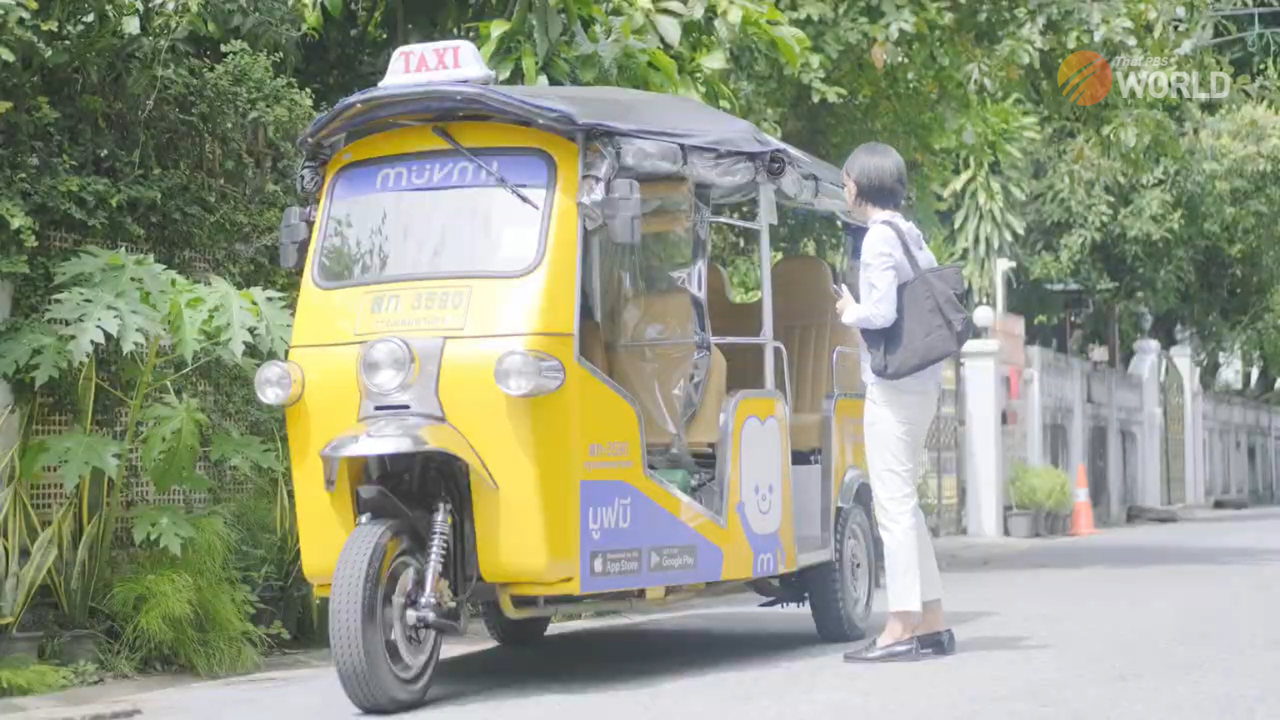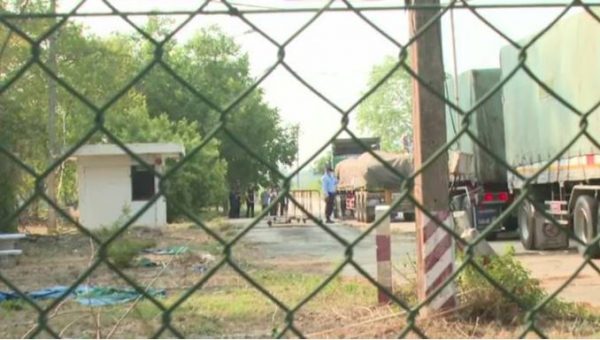Electric Tuk-Tuks reduce greenhouse gas emissions, easier for the elderly to use

Thailand is well-known for its brightly coloured tuk-tuks, which are as much of a feature of the country as the ancient temples built during the Ayutthaya period. Today, the country is preparing for a greener future, by moving away from reliance on fossil-fuels and these three-wheeled vehicles might very well lead the way.
A start-up company, called Muvmi was, launched in 2017, with the goal of filling gaps in the transportation market. They have played an active role in putting electric tuk-tuks into wide-spread use in large cities. The 6 million active users are expected to continue to grow in numbers. To meet demand, the company is looking to increase their tuk-tuks, from 500 now to 1,000 by the end of this year.
Muvmi co-founder, Supapong Kitiwattanasak, stated that their electric vehicles have already saved 1,400 tons of CO2 from being emitted into the atmosphere, which is equivalent nearly fourteen large new parks being created in Bangkok, in an exclusive interview with Thai PBS World.

This EV-focused start-up has found creative ways to cut costs for customers. Their proprietary algorithm enables users to be matched with others travelling in the same direction. The tuk-tuks are also equipped with fast charging technology, requiring only 20 minutes to fully recharge, on which they can for run up to maximum 100km.
Despite its efforts to make its fleet more efficient, some passengers complain that it takes more than 15 minutes to get a tuk-tuk during peak hours. Supapong emphasised that the algorithm helps to deploy the tuk-tuks efficiently when traffic is jammed.
Their algorithm also suggests that the elderly are the fastest-growing user group. “In Thailand, the elderly have to live with their children and whenever they want to go anywhere they have to wait until the weekend and for someone who has time to take them along. During the week, they cannot go anywhere. They are stuck in the house, because there is no suitable public transportation for them. They cannot walk far to get a bus or to call a taxi. Most elderly people are also very concerned about the price, because they no longer have an income. So, they avoid using taxis if they don’t have to. Our app provides a solution,” said Supapong.
In addition to electric tuk-tuks, this ambitious start-up plans to explore more mobility options in the future, such as four-wheelers, vans, buses, or even Songthaew (adapted pickup trucks). With its positive performance in Bangkok, investors in Southeast Asia are showing interest in having Muvmi in their cities. We might see Thailand’s electric tuk-tuks moving around the streets of other big cities in ASEAN in the near future.
By Aymen Belkadi and Franc Han Shih






